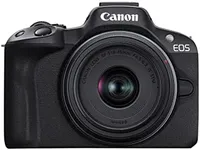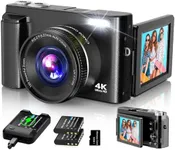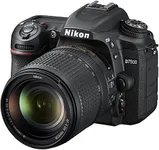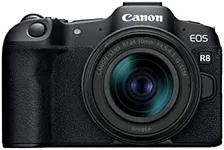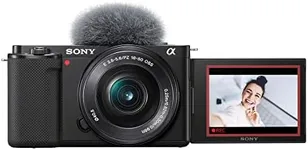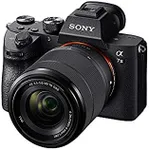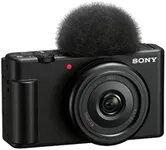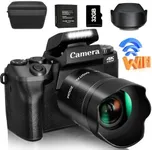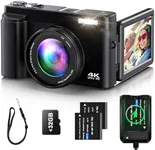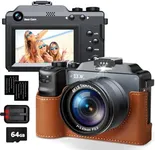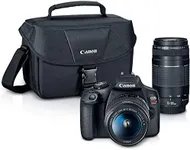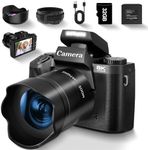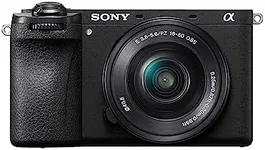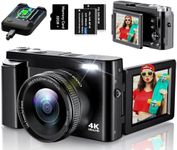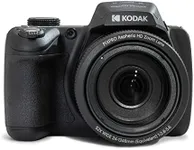Buying Guide for the Best Camera For Sports Photography Beginner
Choosing the right camera for sports photography as a beginner can be a bit overwhelming, but with the right guidance, you can find a camera that suits your needs perfectly. Sports photography requires a camera that can capture fast-moving subjects with clarity and precision. Here are some key specifications to consider when selecting a camera for sports photography, along with explanations to help you understand their importance and how to choose the right one for you.Autofocus SystemThe autofocus system is crucial in sports photography because it helps you keep fast-moving subjects in sharp focus. A good autofocus system will have multiple focus points and advanced tracking capabilities. For beginners, look for a camera with at least 9-11 autofocus points, but more advanced models can have 50 or more. If you are just starting, a camera with a reliable and easy-to-use autofocus system will help you capture clear and sharp images of the action.
Frames Per Second (FPS)Frames per second (FPS) refers to how many images a camera can take in one second. This is important in sports photography because it allows you to capture multiple shots in quick succession, increasing your chances of getting the perfect shot. Entry-level cameras may offer around 5-7 FPS, which is sufficient for most beginner needs. As you gain experience, you might look for cameras with higher FPS, such as 10 or more, to capture even faster action.
Sensor SizeThe sensor size affects the image quality and the camera's ability to perform well in low light conditions. There are two main types of sensors: APS-C and Full Frame. APS-C sensors are smaller and more affordable, making them a good choice for beginners. Full Frame sensors offer better image quality and low light performance but are typically more expensive. For a beginner in sports photography, an APS-C sensor camera is a great starting point.
ISO RangeThe ISO range determines how well a camera can handle low light conditions. A higher ISO range allows you to take clear photos in dimly lit environments, which can be common in indoor sports arenas. Look for a camera with an ISO range that goes up to at least 6400. As a beginner, you may not need the highest ISO settings, but having a camera that performs well in various lighting conditions will be beneficial.
Lens CompatibilityLens compatibility is important because different sports may require different types of lenses. A camera with a wide range of compatible lenses will give you more flexibility. For sports photography, you will often need telephoto lenses to capture distant action. Ensure the camera you choose has a good selection of lenses available, especially telephoto options. As a beginner, starting with a versatile zoom lens can be a good idea before investing in more specialized lenses.
Durability and Weather SealingSports photography often involves shooting in various weather conditions and environments. A durable camera with weather sealing will protect your equipment from dust, moisture, and minor impacts. This is particularly important if you plan to shoot outdoor sports. For beginners, a camera with basic weather sealing and a sturdy build will provide peace of mind and longevity.
Battery LifeBattery life is important because sports events can last several hours, and you don't want to miss crucial moments due to a dead battery. Look for a camera that offers a long battery life, ideally capable of taking at least 500 shots per charge. As a beginner, having a camera with reliable battery performance will allow you to focus on capturing the action without worrying about running out of power.
